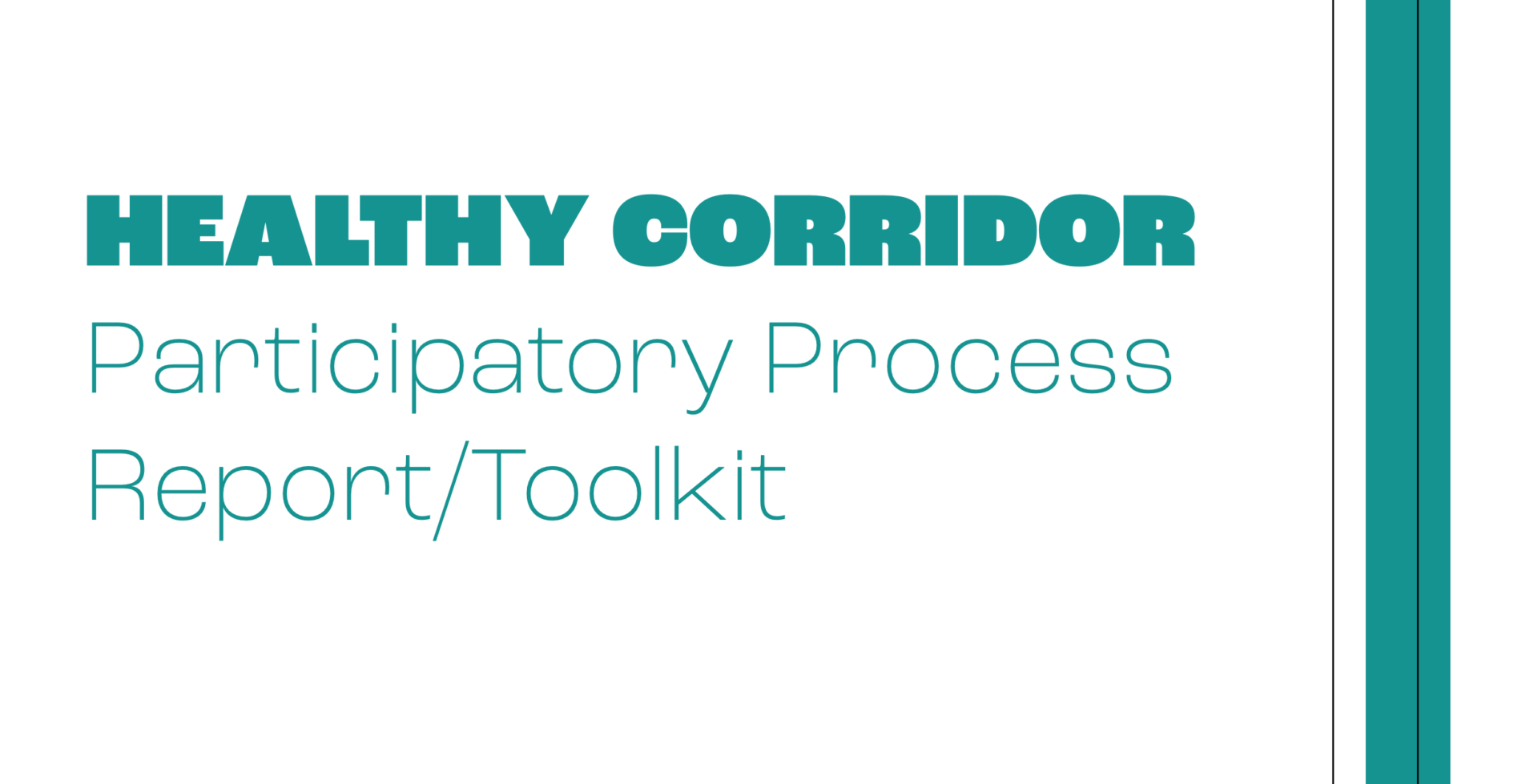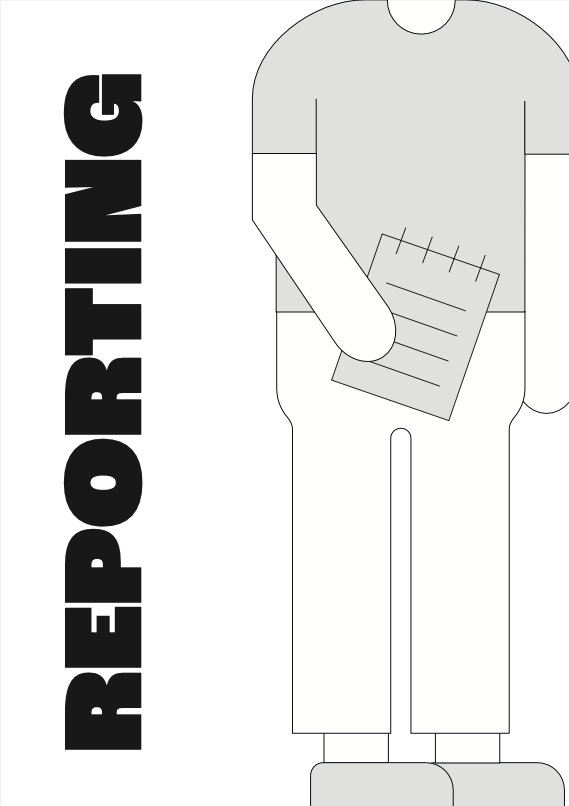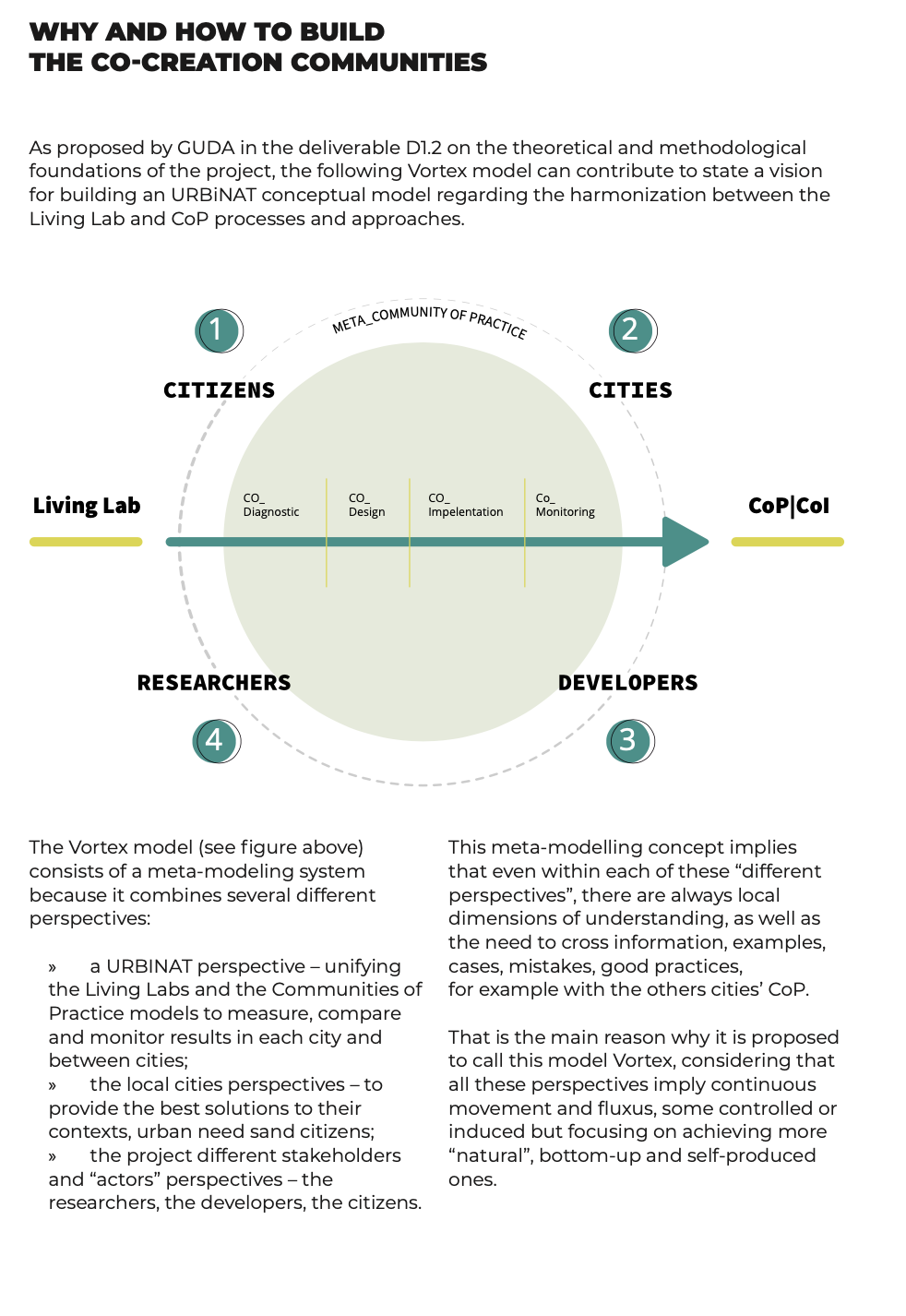
Participatory Toolkit
The URBiNAT Healthy Corridor Participatory Toolkit represents a transformative approach in urban development, where nature-based solutions (NBS) and community engagement converge to redefine urban spaces. Central to this initiative is the Healthy Corridor concept – a synthesis of green infrastructure and social-cultural fabric, co-created with local residents through a participatory process. Far exceeding mere environmental improvement, these Healthy Corridors serve as a dynamic force for community well-being, integrating aspects of the social and solidarity economy.
Each Healthy Corridor is envisaged as a ‘GREEN ARTICULATION’, a pedestrian-friendly pathway or viaduct, ingeniously designed to weave neighbourhoods into the broader urban matrix. These corridors are not just physical structures; they embody a holistic vision, integrating diverse NBS developed by project partners. Drawing from the extensive URBiNAT NBS Catalogue, these corridors are meticulously planned, incorporating methods and tools for thorough monitoring and evaluation.
The Healthy Corridors are tailored to suit the unique needs of both Frontrunner and Follower cities. This bespoke approach is pivotal in building an innovative, inclusive urban model that revitalizes deprived districts, particularly those surrounding social housing neighbourhoods.
At the heart of this initiative is participative-design, a cornerstone method that employs design thinking processes to foster new models of urban living. The creation of Healthy Corridors with NBS is not just about urban planning but about nurturing spaces that resonate with the community’s needs. By focusing on facets such as energy, water, food, nature, mobility, participation, digital democracy, and social cohesion, the URBiNAT Healthy Corridor Participatory Toolkit provides practical solutions in support of more inclusive, sustainable urban regeneration.
The URBiNAT Healthy Corridor Participatory Toolkit is divided into 3 consecutive volumes:

Book 1
Framing
Download
FRAMING provides concise overview, targeting readers unfamiliar with the URBiNAT project. It covers URBINAT’s core objectives, the co-creation process, methodological foundations, and Nature-Based Solutions (NBS) that have been implemented as part of the project. The book provides an overview of ethical consideration and inclusive approaches for community engagement in various territories, aiming to foster commitment among citizens and stakeholders. It also focuses on how
to create the environments and settings
for co-creation to flow and happen as naturally as possible, and introduces models and techniques for mobilizing citizen participation in the co-creation process.

Book 2
Setting
Download
SETTING explores beyond URBINAT’s participatory design framework to learn more from other co-creation practices. It aims to broaden horizons and uncover new possibilities for fostering dynamic participation. The book reviews the evolution of participatory design, highlights effective techniques and tools from various contexts, and summarizes key lessons from the successes and challenges of participation. A critical analysis of best practices in implementing participatory design processes is also presented, offering insights into adapting these methods for more effective community engagement and co-creation.

Book 3
Reporting
Download
REPORTING describes the URBINAT Participatory Design Process, detailing the methods and tools used in Porto, Nantes, and Sofia. It outlines the objectives and milestones of the four main stages, and synthesizes the typical actions implemented across these phases, including real cases of co-diagnostic, co-design, and initial co-implementation. The book also seeks qualitative feedback, highlighting successes and areas for improvement, primarily from Porto’s experiences. This ongoing evaluation, conducted in collaboration with local teams and URBiNAT experts, contributes to the process’s evolution. Acknowledging its developmental nature, we propose a collaborative platform for continuous sharing and refinement of this toolkit.




